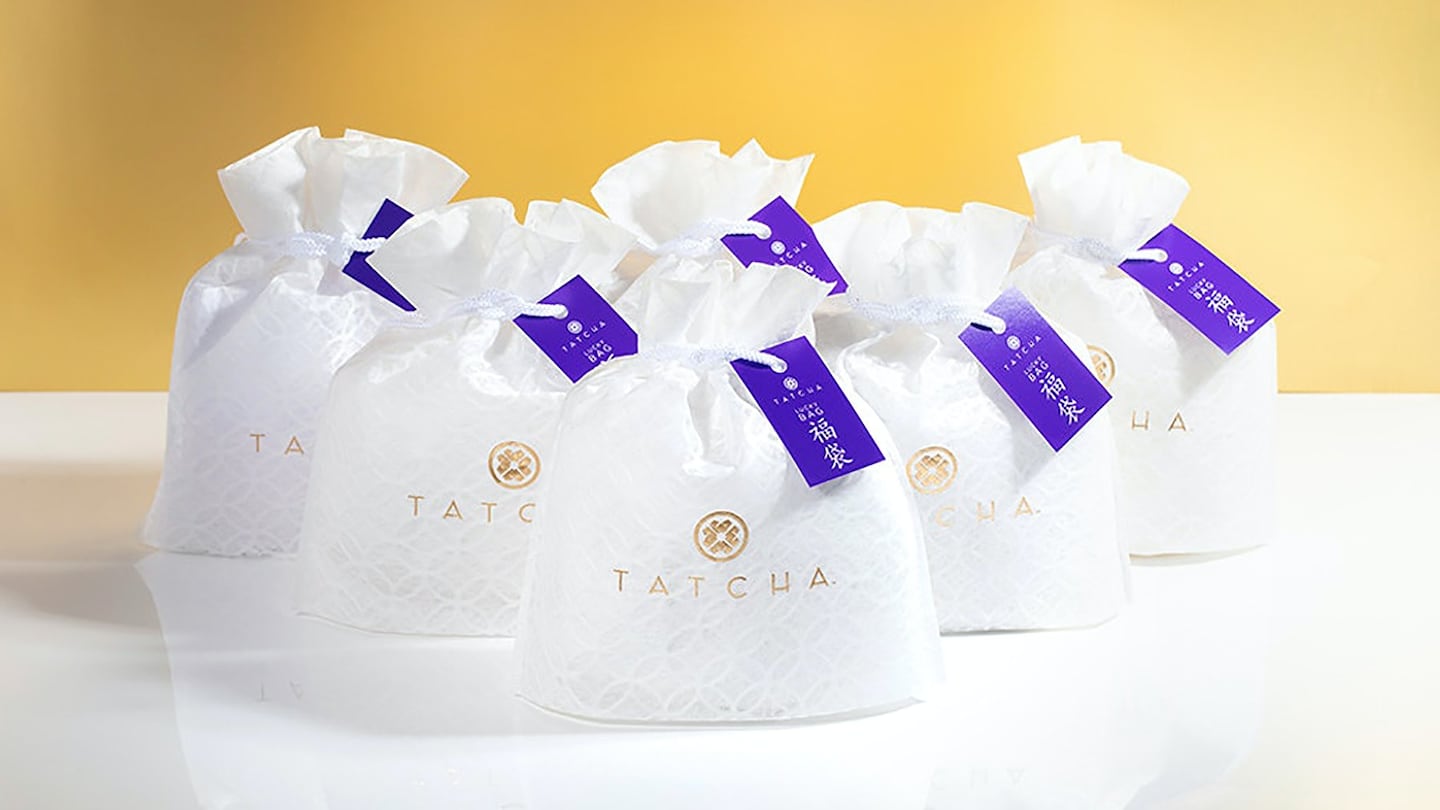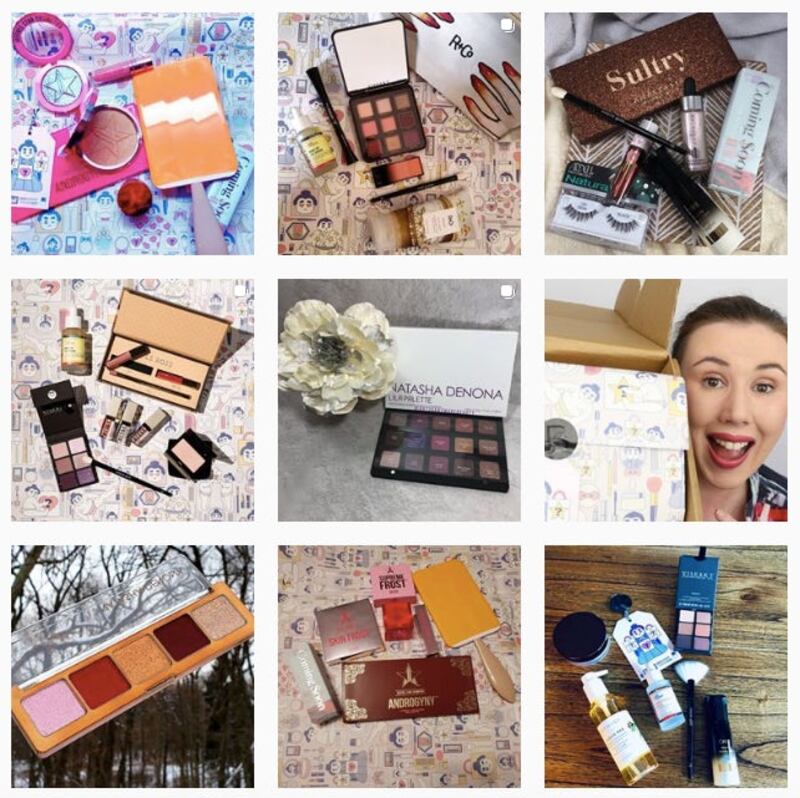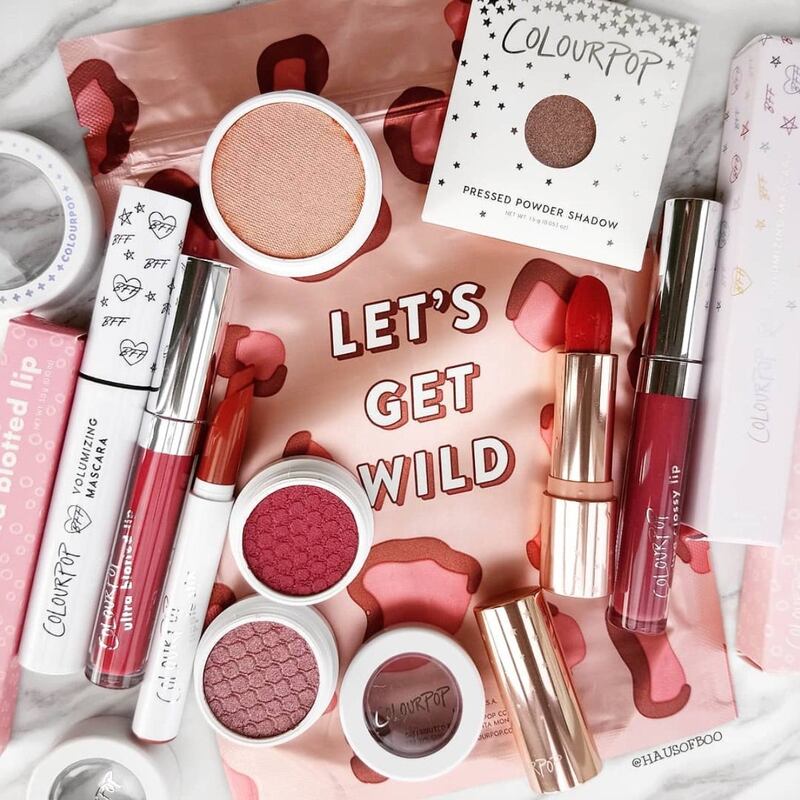
The Business of Fashion
Agenda-setting intelligence, analysis and advice for the global fashion community.

Agenda-setting intelligence, analysis and advice for the global fashion community.

LONDON, United Kingdom — They're called fukubukuro. At the beginning of every year, thousands of people in Japan queue up for hours to get their hands on a "lucky bag." But they never know what they're going to get. A package can contain anything from clothing to makeup to food — and they're not necessarily lower-market items either. Luxury brands like Burberry, Armani, Versace and Tory Burch have all had their products in the mix.
An amalgamation of two Japanese words — fuku, meaning "good luck," and bukuro, meaning "bag" — these mysterious goodie bags started out as a way for Japanese department stores to get rid of old stock. "The mystery of what was inside helped retailers accomplish a sort of 'New Year cleaning' if you will," said Brandon Chin, a Fukuoka-based author who writes about Japanese culture. But today, they're viewed as a symbol of good fortune — the idea is that by beginning the year with prosperity, shoppers can enjoy similar fortune all year long — and have since become an annual craze nationwide.
Now, several beauty brands are taking a page out of the Japanese marketing playbook and are launching their own mystery kits outside Japan.

Instagram users share the contents of their #Beautylishluckybag | Source: Instagram
ADVERTISEMENT
Social commerce site Beautylish was one of the first to spot the opportunity six years ago — its mystery bags go on sale on Boxing Day every year, shipping out to customers in early January. The bags cost $75, but according to Beautylish’s co-founder and chief executive Nils Johnson, contain over $150 worth of full-size products including best sellers, new releases, limited-edition items and pieces from past seasons. “Some bags are extra lucky and contain prizes much higher in value,” he told BoF.
Fast-beauty brand Colourpop, founded by John and Laura Nelson, launched its first mystery bag in 2016 and has since released two others to date. For the siblings, who are also behind the brand incubator Seed Beauty, which launched Kylie Cosmetics — now the gold standard in influencer-backed beauty — the idea was to get Colourpop’s biggest fans and most active customers involved ahead of new launches.
In 2018, more brands started catching on. Charlotte Tilbury dropped her "lucky box of magic makeup" on Cyber Monday, available at two price ranges of $100 and $200, while Fenty Beauty launched a mystery surprise gift set signed by Rihanna herself. Beautyblender, best known for its elliptical-shaped sponges, launched its own "sweet surprise" mystery blind bag, retailing for £19 (about $25) on sites like Net-a-Porter and Feel Unique. Japanese beauty brand Tatcha announced in January it was releasing mystery bags filled with skincare products worth over $100 (although shoppers were required to have spent $100 on Tatcha products before the end of the month, to be eligible to purchase the kit).
Meanwhile, Sephora’s new mystery bag caused a stir online after an eagle-eyed shopper, who goes by @whitepolkydots on Instagram, posted a photo on the platform of the kits she discovered at a Sephora store in Germany. The three different bags — a “mystery eyeliner kit,” “mystery lip kit” and “mystery cheek kit” — each costing $16, contained two known products, one surprise item and a collectable pin. According to a source close to the company, the decision to focus on products like eyeliner and lipsticks were because they were “booming categories.”
Customers are spending despite having almost no idea what is inside, so they really have to trust the brand.
“I thought it would be fun to see what was inside,” said Amanda Fitzgerald, 33, who runs the popular Instagram page @makeup.just.for.fun from her home in Washington, DC and today counts over 74.5k followers.
Fitzgerald was first drawn to the idea of a mystery box when Ipsy — the subscription beauty brand launched by YouTube beauty tutorial pioneer Michelle Phan — took off. “That was a sort-of mystery bag each month,” she explained. After that, she purchased two from Colourpop, which she said she was “really pleased” with, having only paid $25 for a bag, but received products worth over $55. “They also included a few of their latest releases — the mascara and the lipsticks were brand new!”
Elizabeth Quach agreed that the appeal of mystery bags was “the potential to get many different high-end brand products in a bundle for a reduced price.” The San Diego-based 28-year-old, who has purchased mystery bundles from Beautylish and Charlotte Tilbury, added that she liked “the concept of getting products that you may not normally choose for yourself.”
But what do retailers have to gain from selling beauty products at reduced rate?
ADVERTISEMENT

Colourpop mystery bag | Source: Courtesy
"A lot of people are aware or assume that companies use mystery bags as a way to get rid of overstock fast," said Krystal Yvette, a 33-year-old beauty vlogger in Minneapolis. "There were a lot of complaints surrounding the mystery box Jeffree Star Cosmetics offered last Black Friday. People felt they were sent lipstick shades that weren't wearable — dark green liquid lipstick, for example — or expired product." A Jeffree Star Cosmetics spokesperson did not respond to The Business of Fashion's request for comment.
Several brands, however, assert that it’s not about clearing dead stock. “Our mystery bags have never been about moving excess inventory. The contents have ranged from an assortment of our top-selling items to an all-new surprise item to a limited-edition collection,” said Colourpop marketing director’s Jordynn Wynn. “Customers are spending,” she continued, “despite having almost no idea what is inside [so] they really have to trust the brand and love the products.” According to the executive, Colourpop sold over 25,000 mystery bags in one hour.
“We saw an opportunity to create a ‘collectable’ moment for Beautyblender,” said Alexis Tedesco, vice president of global communications at the company. “The bag featured [product] in a variety of colours from past, current and future seasons. You [might] get our iconic pink, a limited-edition colour no longer available or a brand new colour not yet out on sale.” Tedesco added that 215,000 mystery bags were sold in the last drop.
“Beautylish does not use price promotion to drive the business, so we thought this was a fun treat for our customers, and a great way to introduce them to new brands and products at the same time,” said Beautylish’s Johnson.
Mystery bags also face similar challenges as beauty subscription boxes in that consumers will cancel services that don't deliver a superior experience — for example, because of poor product quality, dissatisfaction with the assortment or a lack of perceived value. A 2018 McKinsey & Company report on subscription boxes pointed out that a key challenge is matching supply and demand: "consumers are much more likely to cancel when products pile up or they can't customise order volumes to match their actual requirements."
A lot of people assume that companies use mystery bags as a way to get rid of overstock fast.
“I already own way more makeup than the average person, so I knew going into my mystery bag purchase that I was going to get repeat products,” acknowledged Fitzgerald. “But even then, the two mystery bags that I purchased [from Colourpop] contained the exact same products in the exact same shades.”
There are other intrinsic challenges to the fukubukuro model. "The biggest problem with mystery bags is that you can't cater to people's skin tones or skin types," added Quach. "I would prefer mystery boxes to be more personalised … just like monthly subscription boxes often offer a quiz to the customer to get to know them, mystery boxes can go down the same route to reduce disappointment from customers."
ADVERTISEMENT
"Recently, stores [in Japan] are trying to change this [and] consumers can now choose their fukubukuro based on size, brand or some other theme," observed Chin. But if they were to borrow from the subscription box playbook, then the mystery bag model would lack differentiation.
For Tokyo-based cultural historian W David Marx, mystery bags seem like nothing more than “rip-offs,” he said. “There’s a gambling element to them where a few people win big. You don’t get a bargain. Some people get really nice things, but almost everyone else gets kind-of crummy things.”
Yvette is more sanguine about the phenomenon. “At the end of the day, it’s a mystery bag,” she said. “There’s no guarantee you’re going to love it all.”
Related Articles:
[ 6 Beauty Disruptors Changing the Way Consumers ShopOpens in new window ]
[ Birchbox Finds Cute Boxes Filled With Makeup Are Not EnoughOpens in new window ]
[ Beauty Brands Are Boosting Speed to MarketOpens in new window ]
The battle for exclusive international beauty launches is intensifying as Nykaa, Tira and more set their eyes on expansion.
As in-person retail continues to recover, store owners and marketers are working hard to press the main advantage analogue shopping has over digital: its appeal to all the senses.
What had once been a nimble, innovative company, Neutrogena became slow-moving and cautious. It retreated precisely when rivals went all in – and missed out on a big chunk of the market.
According to an email viewed by The Business of Beauty, the company will be on hiatus while it establishes a sustainable path to return as a new company.